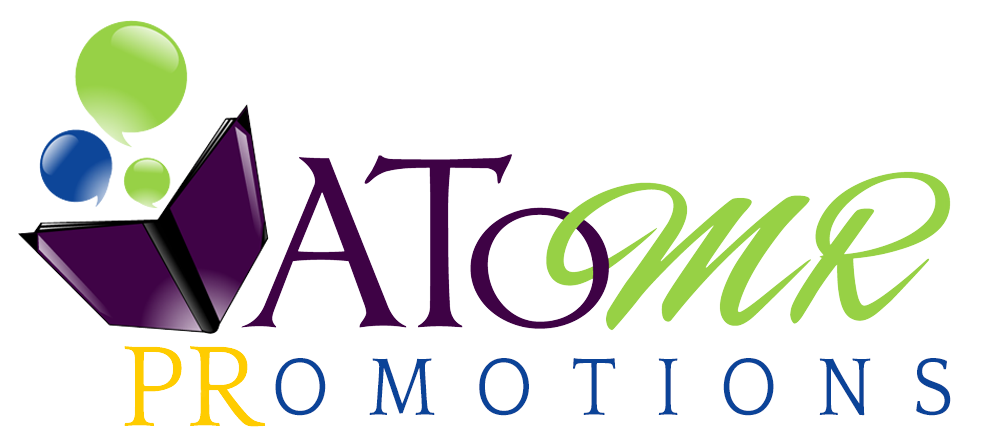 Ah, the comma. This
little punctuation mark has caused more than its fair share of headaches to
writers of all skill levels. Whether it's using too many commas or not enough,
most writers struggle with learning exactly when they should use this illusive
punctuation, and often, their final drafts suffer because of it. The major
problem for most writers is keeping all of the rules straight. For example, the
Modern Language Association has eleven total rules, and even those eleven are
open to interpretation. With such loose rules, it's no surprise that all
writers struggle with the comma.
Ah, the comma. This
little punctuation mark has caused more than its fair share of headaches to
writers of all skill levels. Whether it's using too many commas or not enough,
most writers struggle with learning exactly when they should use this illusive
punctuation, and often, their final drafts suffer because of it. The major
problem for most writers is keeping all of the rules straight. For example, the
Modern Language Association has eleven total rules, and even those eleven are
open to interpretation. With such loose rules, it's no surprise that all
writers struggle with the comma.
In my work with
Grammarly, I study how people write, and the tools they use to write better,
and I've found a few tips that will help most writers overcome their struggle
with commas. Remember that there is no substitute for good old-fashioned
studying and practice, so if you want to perfect comma usage, the best thing
you can do is put your nose to the grindstone and learn. If you need some quick
and immediate help, remember the following tips.
● Learn the Big Rules – As previously
mentioned, there are multiple comma rules with many open to interpretation. The
best way to start improving your comma usage is to learn the major comma rules,
the ones which are pretty firm. I've found the following four to be the most
important:
○ Use
a comma to separate like items in a list of three or more. The choice to use
the last comma – the Oxford comma – is up to you as the writer.
○ Use
a comma before a conjunction (“and,” “for,” “but,” “or,” “nor,” “yet,” and
“so”) when you're connection two independent clauses. Remember that an
independent clause can stand alone as its own sentence, so it must have both a
subject and a verb.
○ Use
a comma to separate the main clause of a sentence from an introductory clause
or phrase that precedes it.
○ Use
two commas in the middle of a sentence to offset unimportant information.
● Avoid Unnecessary Commas – Many
writers, when faced with a situation when they aren't quite sure whether or not
to use a comma, opt to err on the side of caution and go ahead and use the
comma. What this creates is a sentence filled to the brim with commas, most of
which aren't necessary. When you aren't sure whether or not to use a comma,
read the sentence again and ask yourself if the sentence is clear without a
comma. If the intention of your sentence is still clear, and there's no
confusion when reading it, the comma is most likely unnecessary.
● Commas Indicate Soft Pauses –
Regardless of the rules, sometimes a writer just needs to force the reader to
pause for a split-second to let something sink in. If that's the case, feel
free to use a comma to indicate this pause. Be sure not to confuse the soft
pause with some of the longer pauses caused by semi-colons and dashes.
● Proofread, Proofread, Proofread – No
matter how good you get at comma usage, you will always benefit from some
proofreading. Start by proofreading your own work, and then give your piece to
a second reader you trust to go over it. Lastly, consider using one of the many
online services to catch any stray comma errors you or your readers may have
missed. For example, over at Grammarly, we offer one of the most sophisticated grammar checks on the Internet. We'll check
over your text for over 200 grammar errors, including comma errors, essentially
becoming a third set of eyes for you.
Comma rules are difficult, but they
certainly aren't insurmountable. With a little bit of studying and practice,
you'll soon find that even the loosest comma rules will come to you quickly and
easily. And, with that, you'll find your writing life mostly headache free,
often wondering what it was about commas that ever gave you those headaches in
the first place.
------------------------------------------------------//-------------------------------------------------------------
Bio:
Nikolas
discovered his love for the written word in Elementary School, where he started
spending his afternoons sprawled across the living room floor devouring one
Marc Brown children’s novel after the other and writing short stories about
daring pirate adventures. After acquiring some experience in various marketing,
business development, and hiring roles at internet startups in a few different
countries, he decided to re-unite his professional life with his childhood
passions by joining Grammarly’s marketing team in San Francisco. He has the
pleasure of being tasked with talking to writers, bloggers, teachers, and
others about how they use Grammarly’s online proofreading application to
improve their writing. His free time is spent biking, traveling, and reading.
Grammarly - http://grammarly.com/
Facebook - https://www.facebook.com/grammarly
Twitter - https://twitter.com/Grammarly




